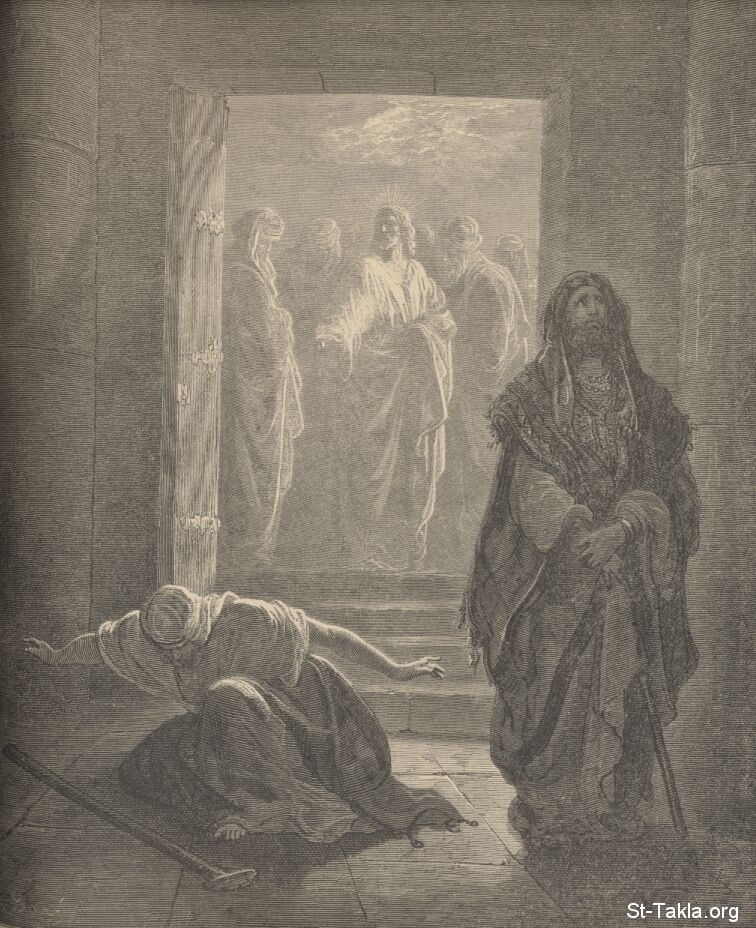First Steps (after Millet)
Vincent van Gogh [Web Gallery of Art]
Whoever receives one such child in my name receives me,
and whoever receives me, receives not me but him who sent me. (Mark 30:37; today's gospel).
Readings (Jerusalem Bible: Australia, England & Wales, Ireland, New Zealand, Pakistan, Scotland)
Readings (New American Bible: Philippines, USA)
Gospel Mark 9:30-37 (English Standard Version Anglicised: India)
Jesus and his disciples went on from there and passed through
Galilee. And he did not want anyone to know, for he
was teaching his disciples, saying to them, “The
Son of Man is going to be delivered into the hands of men, and they will kill
him. And when he is killed, after three days he will rise.” But they did not understand the saying, and
were afraid to ask him.
And they came to Capernaum. And when
he was in the house he asked them, “What were you discussing on the way?” But they
kept silent, for on the way they had argued with one another about who was
the greatest. And
he sat down and called the twelve. And he said to them, “If anyone would be first, he must be last of all and servant of all.” And he took a child and put him in the midst
of them, and taking him in his arms, he said to them, “Whoever receives one such child in my name receives me,
and whoever receives me, receives not me but him who sent me.”
Our gathering here
today shows that terrorism and death never have the last word. The last word
belongs to God and to his Son, the conqueror of sin and death. Even amid the
ravages of terrorism and war, we can see, with the eyes of faith, the triumph
of life over death. You have before you the example of your fathers and mothers
in faith, who worshipped and praised God in this place. They persevered with
unwavering hope along their earthly journey, trusting in God who never
disappoints and who constantly sustains us by his grace.
As we slowly return to a form of normality, maybe we can reflect on what it means to us to take part in the Holy Sacrifice of the Mass, particularly in Sunday Mass, whether we attend it on Saturday evening or on Sunday itself. We have before us the example of our fathers and mothers in faith. In the words of Bishop Perry, Sunday is the day when husbands and fathers can lead their families to the Lord.
Seventeenth Sunday after Pentecost
The Complete Mass in Latin and English is here. (Adjust the date at the top of that page to 9-19-2021 if necessary).
Epistle: Ephesian 4:1-6 . Gospel: Matthew 22:34-46.
But the Pharisees hearing that he
had silenced the Sadducees, came together:
And one of them, a doctor of the law, asking him, tempting him:
Master, which is the greatest commandment in the law? (Matthew 22:34-36).
Authentic Beauty
Authentic beauty, however, unlocks the yearning of the human heart, the profound desire to know, to love, to go towards the Other, to reach for the Beyond.







